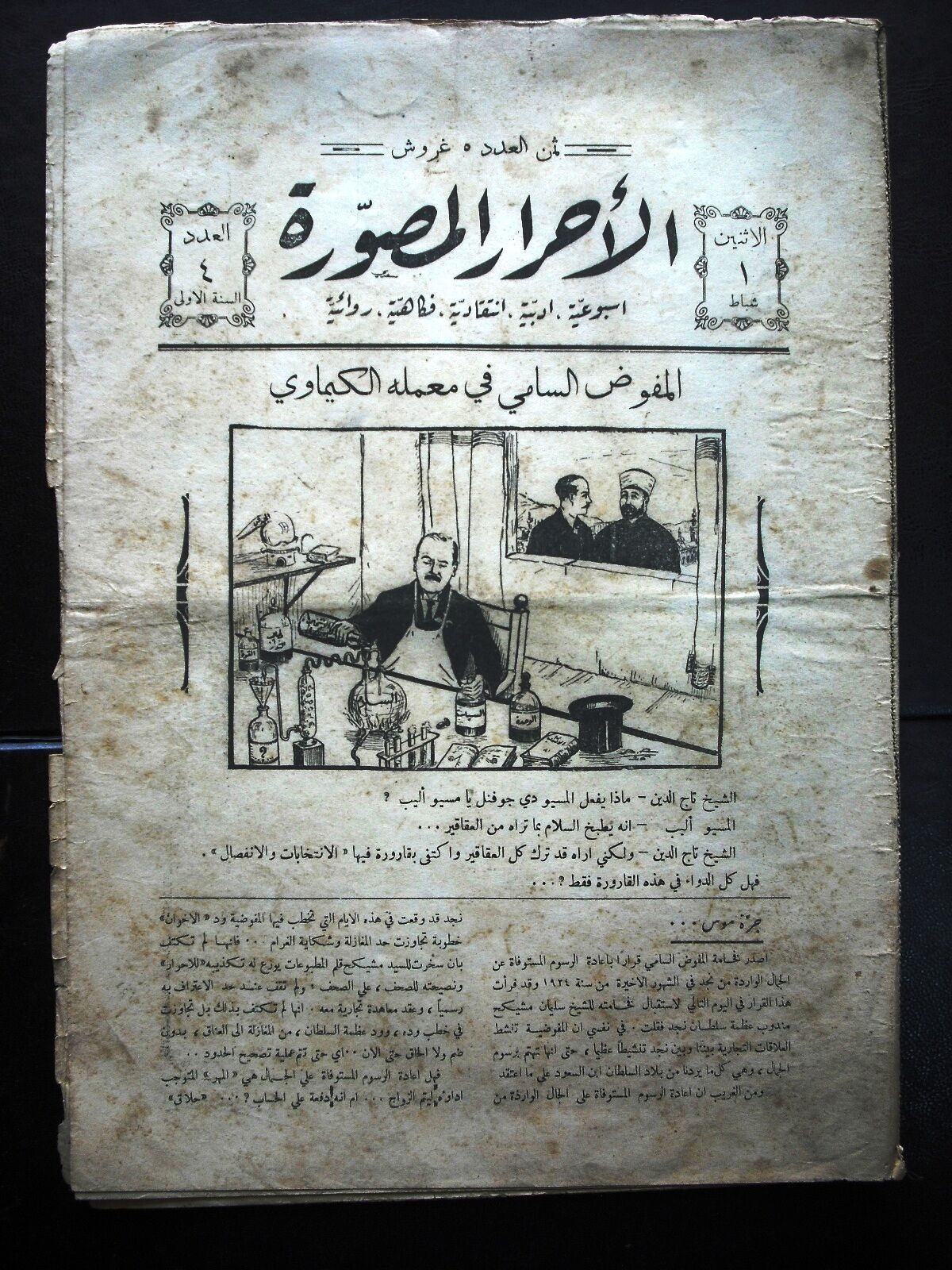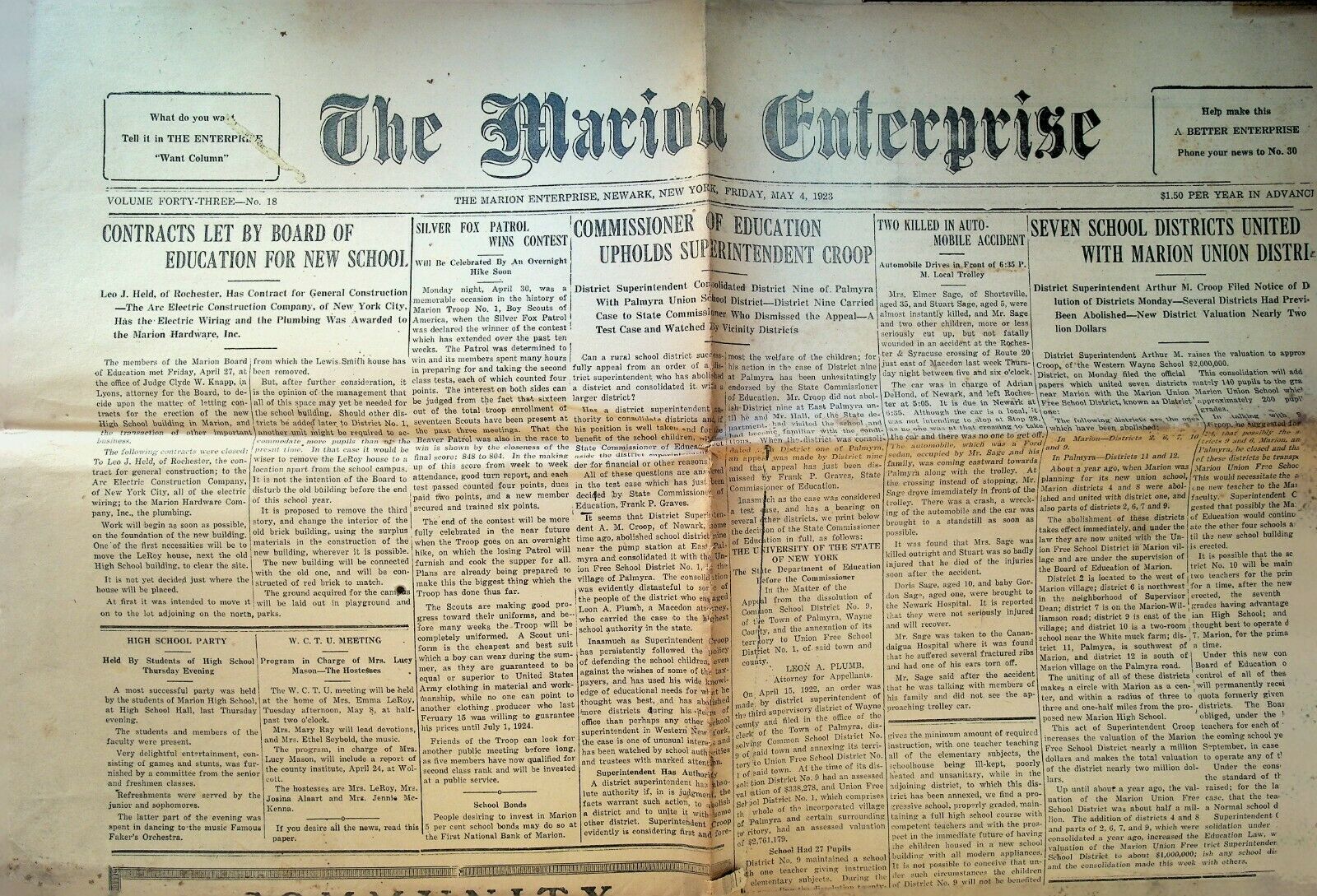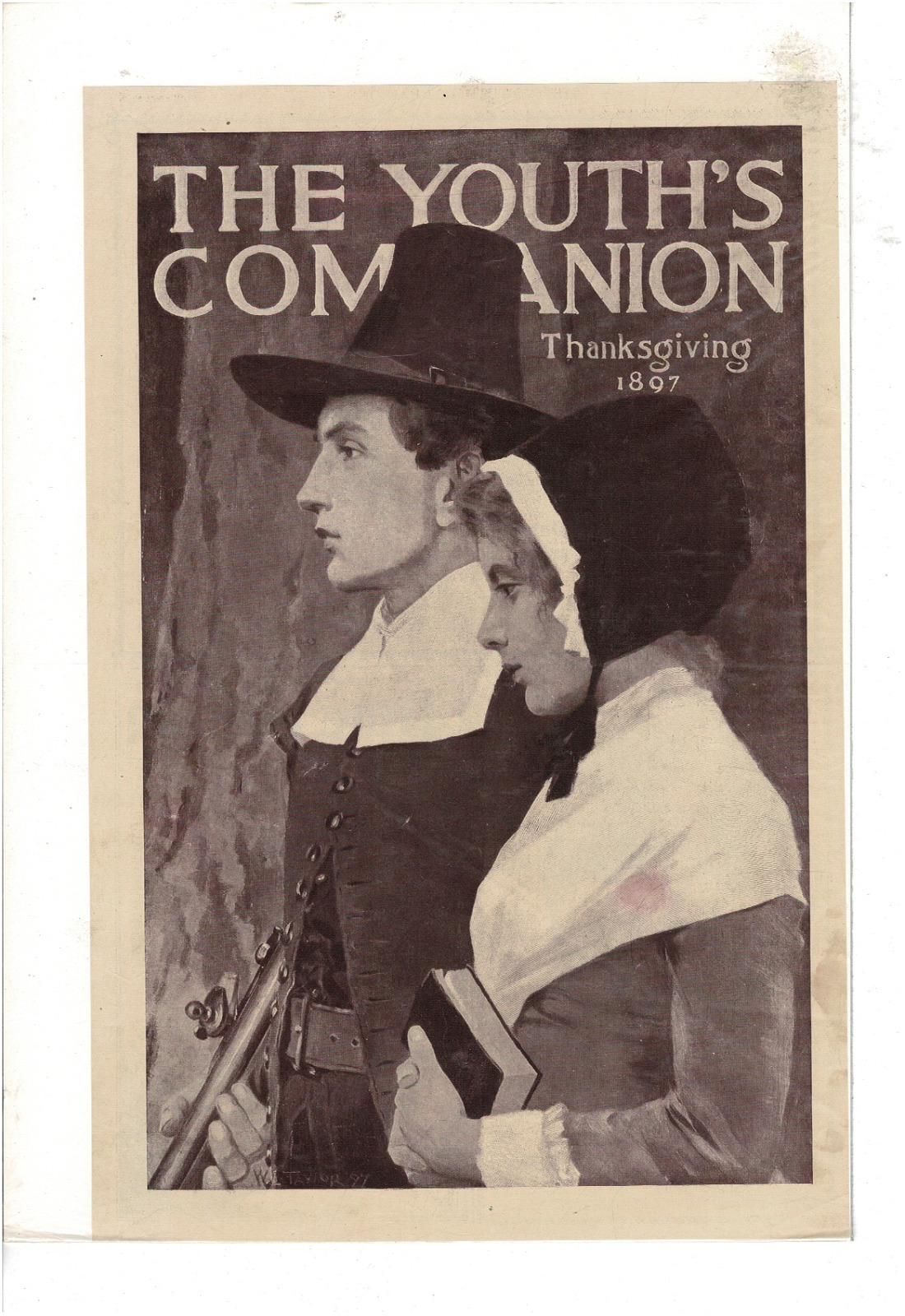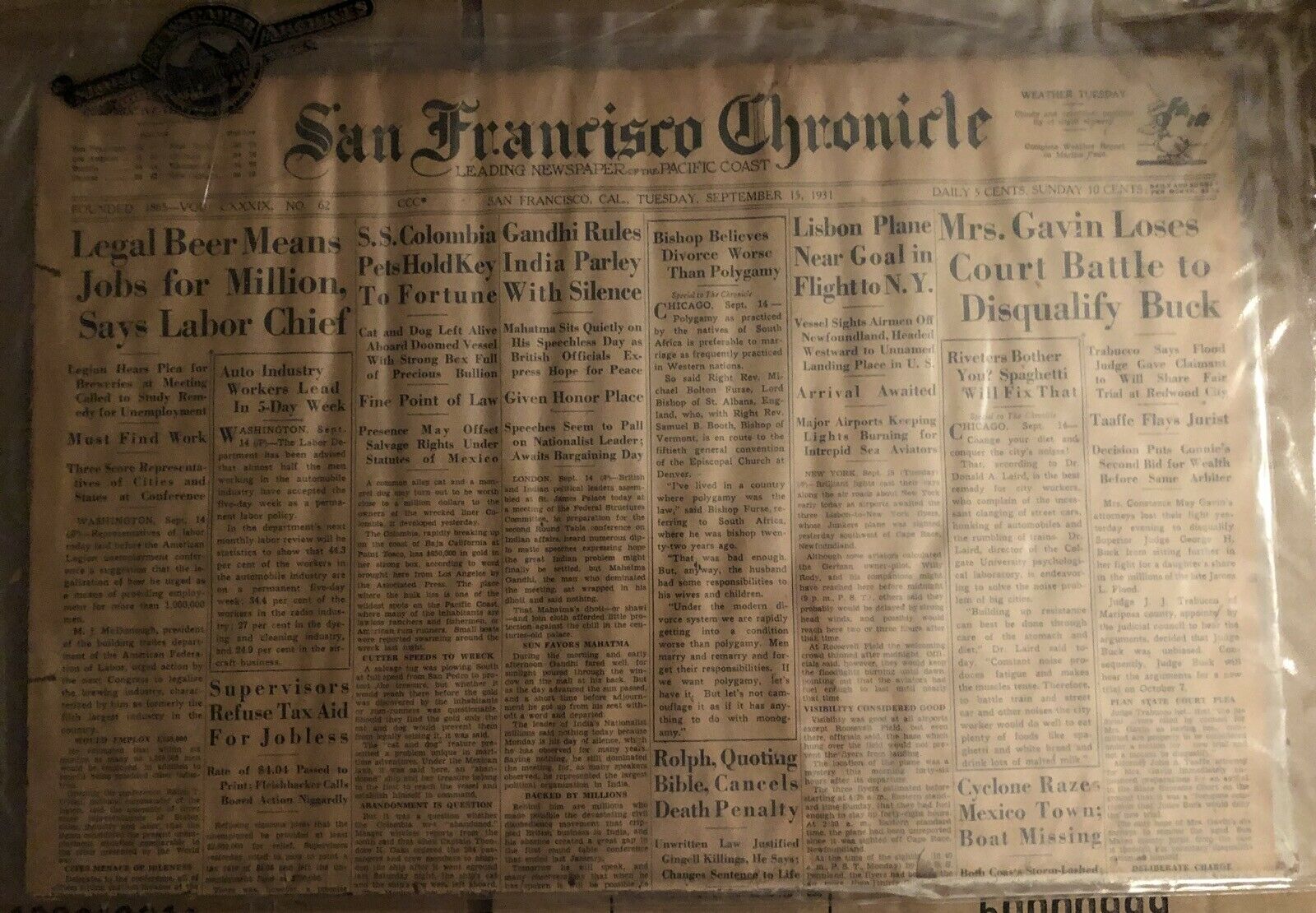-40%
Georgia Auto Racing, Insurance, Flagg, Harper's Weekly Complete, Apr 4, 1908
$ 7.91
- Description
- Size Guide
Description
You are bidding on a complete issue (without overcover pages) of Harper's Weekly published Apr 4, 1908. The pages measure 9 x 13 (13 x 18 for center-folios) and this issue includes pages 3-34. All pages may not be shown due to space constraints. Great pictures, humor, science, literature, sports, theatre, history, news of the day, and wonderful old ads.It is 1908
. Teddy Roosevelt is serving his last year as president and William Taft defeats William Jennings Bryan in the November 1908 presidential election. The Ford Model-T is introduced as is the Boy Scouts movement. Ghandi is arrested for the first time in South Africa. The Montreal Wanderers win the Stanley Cup. The IV Olympiad is held in London.
Cover page: "How Can He Fail"
W.A. Rogers
Quebec Tercentenary
Prosperity and the Exchange
Legislation and Life Insurance
The Invisible Navy
"A City In A Street"
Vernon Howe Bailey
The London Times
"Killing Time"
James Montgomery Flagg
, centerfold
The Vanishing French
Youngest Archbishop of a Hemisphere
New York Street Car
Automobile Racing in Georgia
Please look at my feedback to witness
sane pricing in action!
I am not a book or paper dealer so please view pictures to determine condition.
This lot will be packed flat and mailed first class USPS. I will pay half of the just under .00 cost for first class.
Paypal please.
Harper's Weekly, A Journal of Civilization was an American political magazine based in New York City. Published by Harper & Brothers from 1857 until 1916, it featured foreign and domestic news, fiction, essays on many subjects, and humor, alongside illustrations. It carried extensive coverage of the American Civil War, including many illustrations of events from the war. During its most influential period, it was the forum of the political cartoonist Thomas Nast.




















